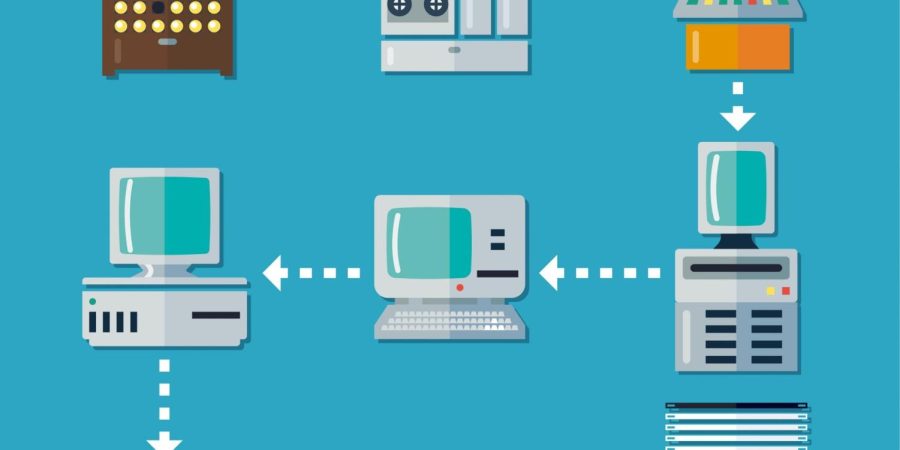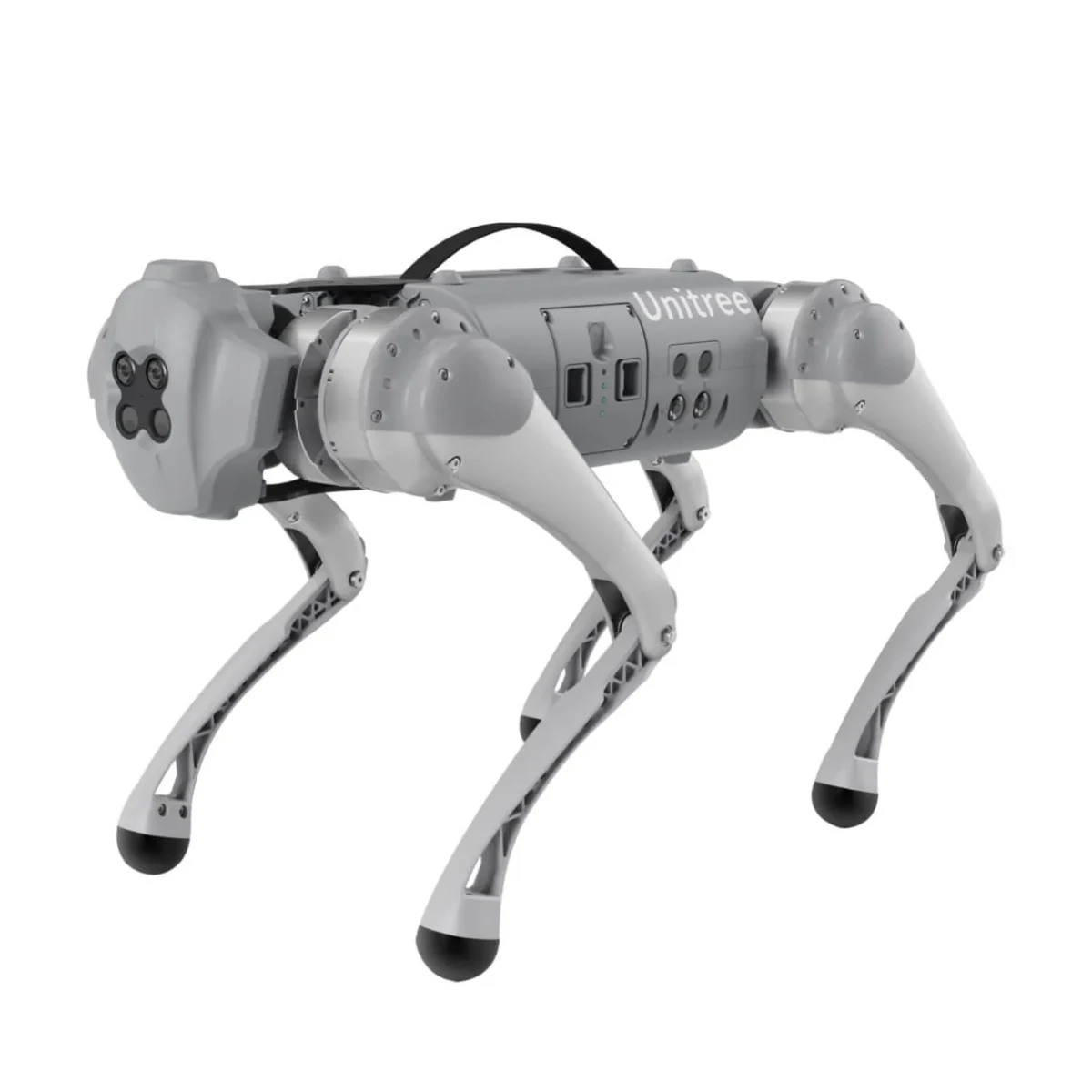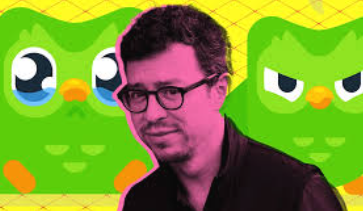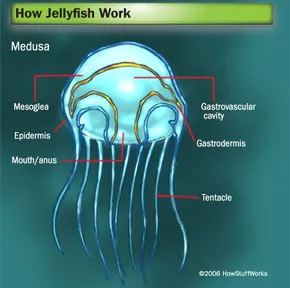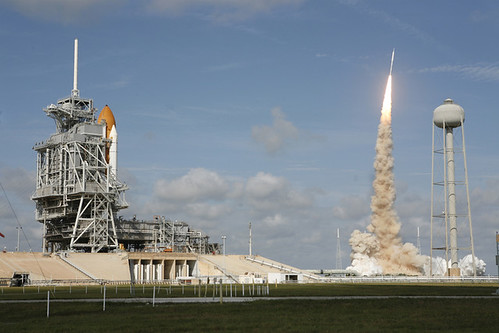History of Computers
History of computers (in depth)
The History of Computers goes way back. The computer that you see today, isn’t the one that people used hundreds of years ago. The first computer was used to computer calculations.
Who was the father of computers? Well…it was Charles Babbage in 1822. Babbage began to develop the first mechanical computer in history. Later in 1833, he designed a analytic engine which was a general-purpose computer. The generations of computers also come into play within the history of computers. Just like how the generations change, so does the evolving history of computers too. Now that mechanical computers are coming into play, what comes next? Next, we have the birth of the Mark I Colossus. This basically meant that the Colossus was the first electronically calculating device. The Colossus was designed by Tommy Flowers, and was the first digital computers. And now, the list goes on and on…because everything started to improve! A little while later in 1971, the very first email was sent! The email was sent by: Ray Tomlinson. He never got a response back, but he still made history for computers.
Europe with the Mass-Markets “Webs”!
By 1971, teams from the BBC and British Post Office have now started to develop Web like informational systems that are using tv’s as display. These later on evolved into information services that you could discover on most Europeans Tv’s in the early 2000s.
Things are going pretty fast for computers and everyone seems to catching onto computers and learning about what they do. In 1990, Tim Berners-Lee writes the first website. This was a very simple website, with hyperlinks included. Everything is pretty much in place now, and that’s the history of computers (up until 1990, no big changes happened after that.)
Related Stories:
- https://www.toppr.com/guides/computer-aptitude-and-knowledge/basics-of-computers/history-of-computers/#:~:text=Early%20History%20of%20Computer,-Since%20the%20evolution&text=One%20of%20the%20earliest%20and,was%20a%20general%2Dpurpose%20computer.
- https://www.livescience.com/20718-computer-history.html
- https://www.britannica.com/technology/computer
- https://homepage.cs.uri.edu/faculty/wolfe/book/Readings/Reading03.html
- https://www.cs.uah.edu/~rcoleman/Common/History/History.html
Take Action
- Educate yourself about the history of computers.
- Ask your guardians about what they might have used in their generation.
- Go check out the related stories (that are linked above).
